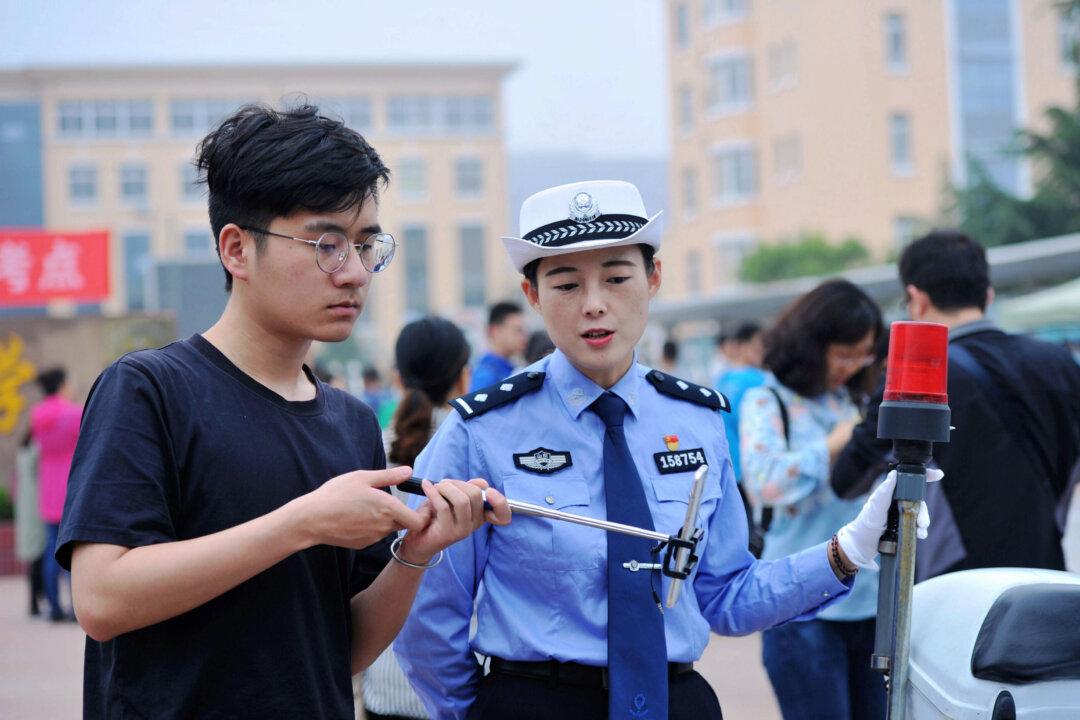A university in Guangxi Province in southern China issued a document mandating the thorough inspection of mobile phones, computers, and drives belonging to all teachers, staff, and students at the university.
Radio Free Asia (RFA) reported that it received a document about the inspection from an insider of Guilin University of Electronic Technology, a state university, located in Guangxi’s provincial capital. The document said the inspection would last for half a month from Nov. 7 to Nov. 23, and apply to all electronic devices of the more than 40,000 students and staff at the university . The document required everyone to undergo the inspection.




